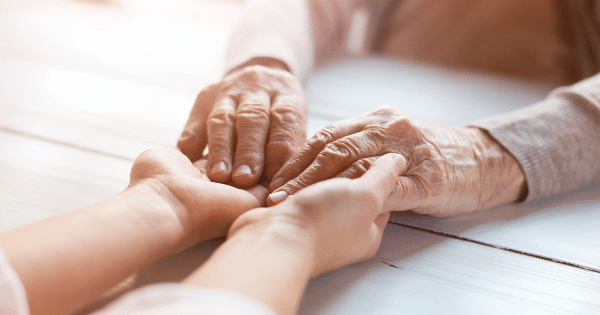As people become older, they tend to require more assistance in their daily lives. This means medical care and attention being paid to them almost every day, if not every day. Oftentimes, this means that they’re going to require the help of family members and the assistance that they can find and provide for them. However, there is a cost to this. There several financial things to consider once you become an elderly caregiver for a family member. Here are a few to keep in mind when your elderly loved one needs your help.
Finding Daily Care
Depending on the condition that your family member is in, they may require daily care. Unfortunately, you probably can’t provide this directly. After all, between work, maintaining your own home, and taking care of any family you may have, this is a lot to add to your plate. That’s exactly why so many people turn to a traveling nurse or another in-home caregiver. That’s why adult day services are so popular, with around 80% of them having nurses and medical professionals on staff to take care of your loved ones. This way, your elderly relative gets the all-around care they need.
Accessibility Devices
An accessibility device is a device that helps someone with limited mobility move around in their daily lives. This may be a wheelchair, scooter, or some other similar device. Additionally, accessibility devices also include hearing aids, special glasses, and more that help a person with declining senses. However, for a caregiver, this is a common and unexpected expense that they run into when caring for an elderly family member. So, be aware so you can look into ways to pay for these expenses as well as save money for them.
Health Check-Ups
As you age, and more medical issues develop, your loved one will need to go to the doctor more often than they did in the past. This means that the lists of bills and charges for these visits can add up quickly. Everything from tests to medicine can become expensive fast, and insurance only covers so much of the cost.
Your loved one will need to see the doctor and dentist at least yearly. In fact, seeing these two professionals will become crucial. Tooth decay is 20 times more common than diabetes, and many elderly individuals have a harder time caring for their oral health on a daily basis. On top of that, they may need to see specialists for their knees, hips, and other aging joints that can hurt with age. With this in mind, look into your loved one’s Medicare and other healthcare options so the bills aren’t all left to you.
Home Modifications
One major expense that you may run into is the need to modify your home for an elderly family member. They may need to stay with you for an extended period if they can’t live on your own and you can’t afford to place them in an assisted living facility or nursing home quite yet.
The reality is that many aspects of a home aren’t safe for an elderly family member to use, so you need to make the necessary adjustments. This starts with eliminating stairs. The bedroom and laundry, for instance, need to find a home on the first floor of the house. Furthermore, something like the shower needs to be reimagined. This includes a bench to sit on in the shower, making it safe from potential falls, and a flexible showerhead.
Mental Health
No matter who you are or what age you are, your mental health matters. Even with that, it takes a doctor’s recommendation for 30% of adults to actually go and see a therapist. The stress of taking care of an elderly family member is enough to need counseling. For that family member who now needs daily assistance too, mental health services might be important. In any case, it’s just as important as your physical health to make sure that your mental health is as good as it possibly can be as a caregiver.
Saving money is going to be important when you become a caretaker, but to do that you first need to know what all your expenses will be. So, take the time to plan everything out and be ready to care for your elderly relative.










